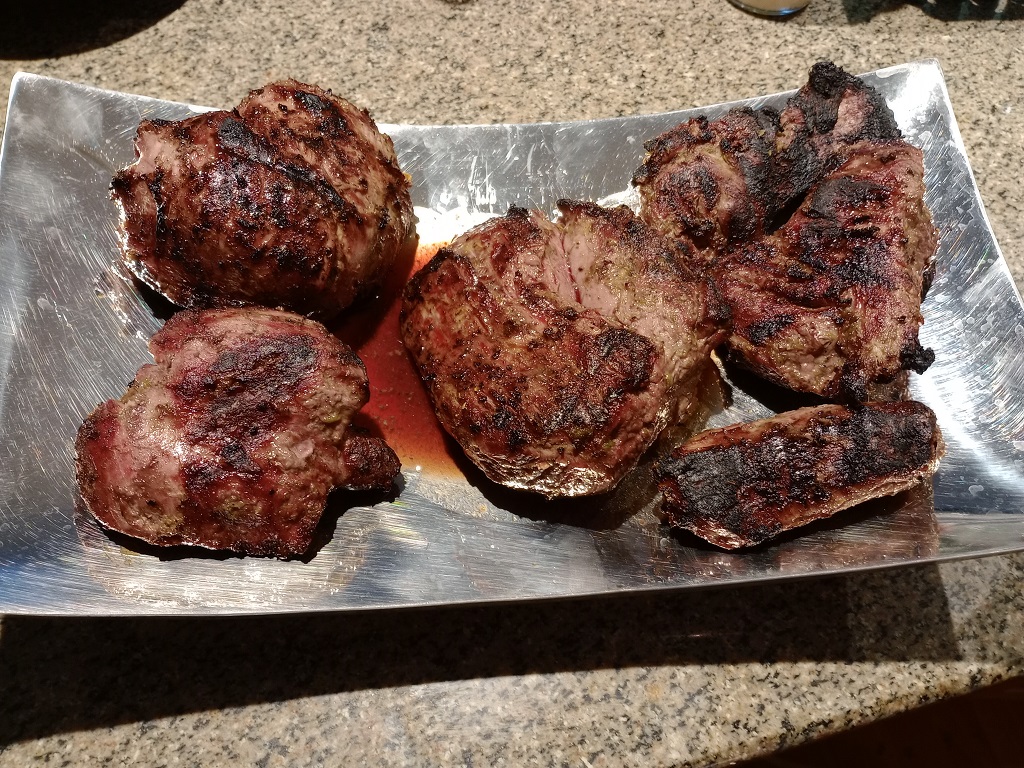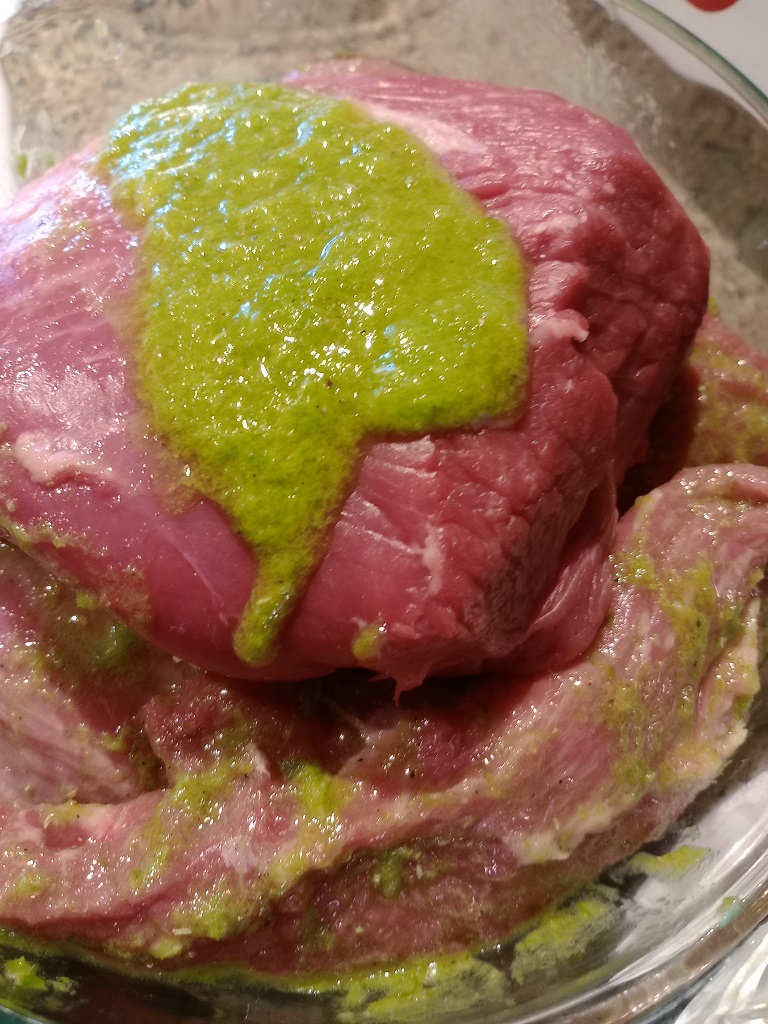Since there are a lot of changes in how lifecycle policies work between ElasticSearch and OpenSearch, the recommendation I’ve seen is to manually create them … but it’s a lot of repetitive typing, so I used a script to create a base policy — a name with a a hot allocation — and manually added all of the remaining stages, transitions, and index patterns to which the policy should be applied.
import requests
from requests.auth import HTTPBasicAuth
import json
from time import sleep
from datetime import timedelta
f = open("data-LifecyclePolicies.txt", "w")
listIgnoredILMPolicies = ["watch-history-ilm-policy"]
# Get all roles from prod & list users in those roles
r = requests.get(f"https://elasticsearch.example.com:9200/_ilm/policy", auth = HTTPBasicAuth('something', 'something'), verify=False)
dictAllILMPolicies= r.json()
for item in dictAllILMPolicies.items():
if item[0] not in listIgnoredILMPolicies:
strILMPolicyName = item[0]
dictILMPolicySettings = item[1]
iHotDays = None
iWarmDays = None
iColdDays = None
iDeleteDays = None
if item[1].get('policy').get('phases').get('hot'):
iHotDays = (item[1].get('policy').get('phases').get('hot').get('min_age'))
if item[1].get('policy').get('phases').get('warm'):
iWarmDays = (item[1].get('policy').get('phases').get('warm').get('min_age'))
if item[1].get('policy').get('phases').get('cold'):
iColdDays = (item[1].get('policy').get('phases').get('cold').get('min_age'))
if item[1].get('policy').get('phases').get('delete'):
iDeleteDays = (item[1].get('policy').get('phases').get('delete').get('min_age'))
print(f"Policy named {strILMPolicyName} has phases:")
print(f"\tHot {iHotDays}")
print(f"\tWarm {iWarmDays}")
print(f"\tCold {iColdDays}")
print(f"\tDelete {iDeleteDays}")
print("\n")
f.write(f"Policy named {strILMPolicyName} has phases:\n")
f.write(f"\tHot {iHotDays}\n")
f.write(f"\tWarm {iWarmDays}\n")
f.write(f"\tCold {iColdDays}\n")
f.write(f"\tDelete {iDeleteDays}\n")
f.write("\n")
jsonILMPolicyCreation = {
"policy": {
"description": "Ported from ES7",
"default_state": "hot",
"states": [
{
"name": "hot",
"actions": [
{
"retry": {
"count": 3,
"backoff": "exponential",
"delay": "1m"
},
"allocation": {
"require": {
"temp": "hot"
},
"include": {},
"exclude": {},
"wait_for": "false"
}
}
],
"transitions": []
}
],
"ism_template": []
}
}
r2 = requests.put(f"https://opensearch:9200/_plugins/_ism/policies/{item[0]}", json=jsonILMPolicyCreation, auth = HTTPBasicAuth('something', 'something'), verify=False)
print(r2.text)
print(r2.status_code)
f.close()




